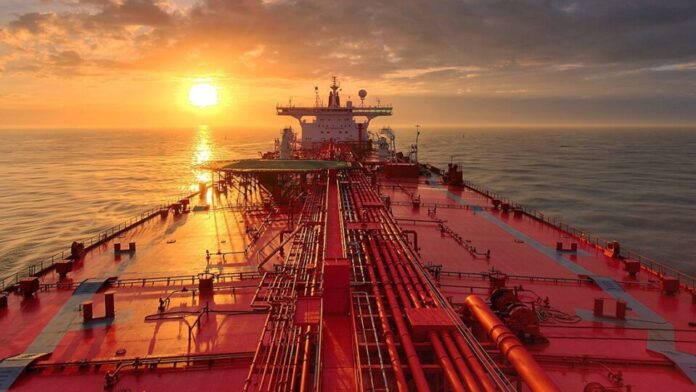The latest global Logistics Performance Index (LPI) released by the World Bank has rated South Africa, Egypt, Benin, Botswana, Namibia, Djibouti and Rwanda better than Nigeria
The LPI is an interactive bench-marking tool created to help countries identify the challenges and opportunities on trade logistics, including shipping and what they can do to improve their performance.
The LPI report, titled “Connecting to Compete 2023: Trade Logistics in an Uncertain Global Economy,” provides a measure of countries’ ability to move goods across borders with speed and reliability, the report is coming after three years of unprecedented supply chain disruptions during the COVID-19 pandemic, with soaring delivery times.
The LPI 2023 report revealed that end-to-end supply chain digitalisation, especially in emerging economies, is allowing countries to shorten port delays by up to 70 per cent compared to those in developed countries. Moreover, demand for green logistics is rising, with 75 percent of shippers looking for environmentally friendly options when exporting to high-income countries.
However, the report also noted that most time is spent in shipping, adding that the biggest delays occur at seaports, airports, and multimodal facilities.
It pointed out that policies targeting these facilities can help improve reliability, including improving clearance processes and investing in infrastructure, adopting digital technologies, and incentivising environmentally sustainable logistics by shifting to less carbon-intensive freight modes and more energy-efficient warehousing.
On average across all potential trade routes, 44 days elapse from the time a container enters the port of the exporting country until it leaves the destination port, with a standard deviation of 10.5 days.
That span represents 60 per cent of the time it takes to trade goods internationally.
The LPI report provides valuable information for policymakers and stakeholders involved in the logistics industry. It helps identify areas where countries can improve their logistics performance, thereby enhancing their competitiveness in the global marketplace.
Covering 139 countries, the LPI measured the ease of establishing reliable supply chain connections and the structural factors that make it possible, such as the quality of logistics services, trade, transport-related infrastructure, and border controls.
The report, which is based on a maximum score of 5.0, adjudged South Africa as the best in Africa and 19th in the world with a score of 3.4 per cent, followed by Botswana and Egypt which scored 3.1 per cent each to place a joint 57th position globally.
Giving an insight into the report, the World Bank revealed that the survey was conducted between September 6 and November 5, 2022 and contains 4,090 country assessments by 652 logistics professionals in 115 countries across all World Bank regions.



